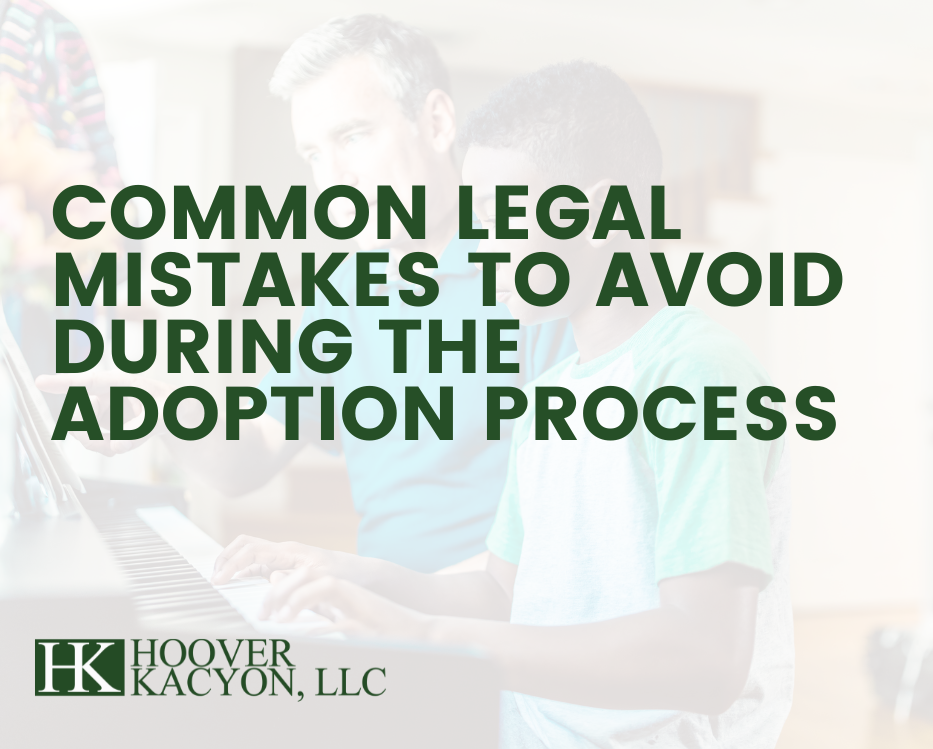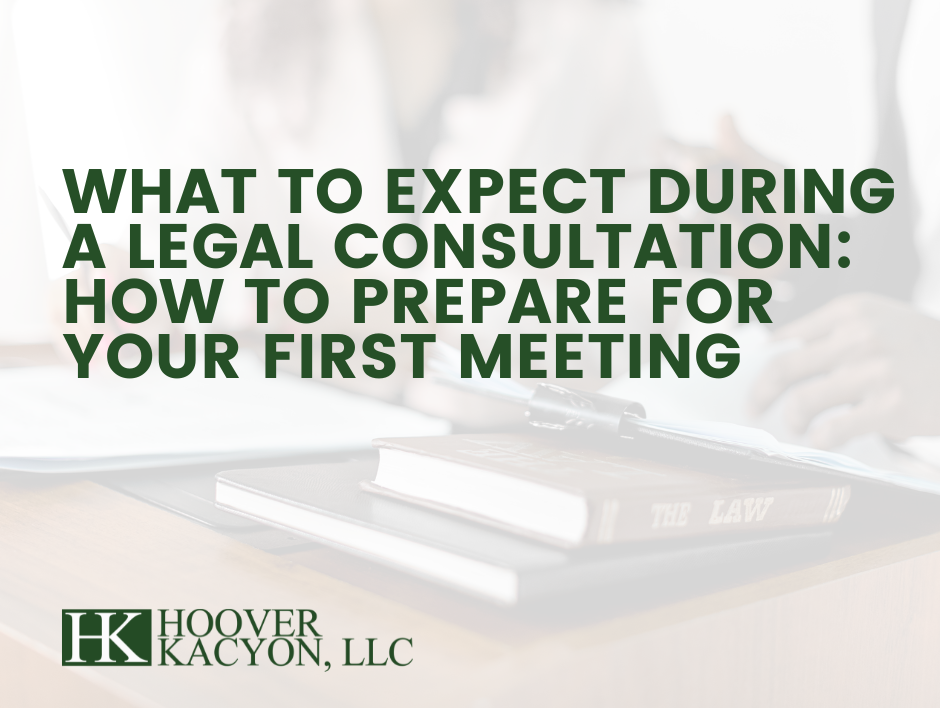A breach of contract is a legal dispute between two or more parties where there has been a failure to complete the agreed-upon terms of the contract. It is important to be sure when entering into a contract that you read the language carefully, in some cases you may even want to have an attorney review the contract, to ensure that you fully understand and can fulfill your obligations.
When there is a question about whether a contract has been breached we must first ask if a legal contract existed. A contract is an agreement between any two mutually consenting parties. The two parties must be of sound mind and of legal age to enter into a contract. Next, we need to know what obligations were required of each party and were those obligations legal. We need to know if any modifications were made to the contract and if those modifications were also agreed upon by all parties. Then we can evaluate if a breach occurred to the contract and what, if any, damages occurred as a result of the breach.
There are two types of breaches that can occur, material and minor. A material breach is when one party fails to perform some aspect of the contract and the result is substantially different from the agreed-upon service or goods. For example, if you purchase a cookbook from an online merchant and they send you a golf club, that would be considered a material breach. A minor breach is when a service or good is received, but failure has occurred with some other aspect of the contract such as a deadline. For example, if you ordered a cookbook for an online merchant and they guarantee you will receive the cookbook by December 1st, but they don’t ship the cookbook until January 19th, that would be considered a minor breach.
Contractual language can often be full of legal verbiage that you might find confusing. If you have any questions regarding any agreement. You should contact an attorney to protect yourself before entering into a contract.
If you feel that you are owed damages as a result of a contract breach or if you are being accused of breaching a contract the corporate lawyers at Hoover Kacyon can provide you an initial consultation to evaluate your case. Contact our office at
330-922-4491 or through our
contact page to schedule an initial consultation.
Recent Posts









YOU MIGHT ALSO LIKE









